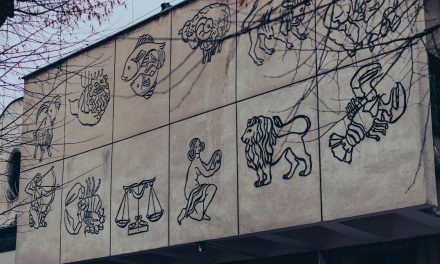Conflict is a natural part of human interaction, and nowhere is it more evident than in the bustling, dynamic environments of schools. From elementary levels up to university, students encounter conflicts that range from minor disagreements to more significant disputes. How these conflicts are managed can significantly impact students’ personal growth and development.
This blog explores the importance of implementing effective conflict resolution strategies in educational settings and how these strategies foster personal growth among students.
Role of Conflict Resolution in Educational Settings
Conflict resolution in schools involves more than just settling disputes. It encompasses a variety of processes and techniques aimed at addressing the underlying issues that lead to conflict, ensuring that disputes are managed and resolved in a way that all parties find satisfactory. These strategies are crucial for creating a safe and supportive learning environment where students can thrive.
Benefits of Conflict Resolution for Personal Growth
Here are some of the benefits of conflict resolution in relation to personal growth:
1. Developing Communication Skills
Learning to Express Themselves: Conflict resolution requires clear communication, where students must articulate their thoughts and feelings. This practice helps them develop their ability to express themselves effectively and assertively, not aggressively.
Active Listening: Part of resolving conflicts is learning to listen to others actively. Students learn to pay attention not just to the words being said but also to the underlying emotions and intentions. This skill is crucial in all areas of life, from personal relationships to professional interactions.
2. Enhancing Emotional Intelligence
Empathy: Conflict resolution teaches empathy. Students learn to understand and share the feelings of others, which helps them navigate their social environments more effectively.
Self-regulation: Students are taught to manage their emotions, which helps them respond to conflicts in a calm and composed manner. This aspect of emotional intelligence is vital for personal and professional success.
Building Problem-Solving Skills
3. Building Problem-Solving Skills
Creative Solutions: Resolving conflicts often requires creative problem-solving. Students learn to think outside the box to find solutions that satisfy all parties involved.
Decision Making: Effective conflict resolution helps students develop their decision-making skills by analyzing situations, considering various outcomes, and making choices that lead to resolution.
4. Fostering Resilience
Handling Adversity: By engaging in conflict resolution, students learn how to handle adversity and setbacks. They understand that conflicts are part of life and that they have the skills to deal with them constructively.
Growth Mindset: Students who successfully resolve conflicts often develop a growth mindset. They see challenges as opportunities to learn and grow rather than insurmountable obstacles.
5. Promoting Cooperation and Teamwork
Team Dynamics: Conflict resolution is often a team effort. Students learn the importance of working together toward a common goal, which is a critical skill in both academic and extracurricular activities.
Respect for Diversity: Schools are diverse environments. Effective conflict resolution helps students learn to respect and value diverse viewpoints and backgrounds, which is essential for harmonious school dynamics and a cohesive learning environment.
Implementing Conflict Resolution Programs in Schools
Schools that prioritize conflict resolution typically implement programs that include:
- Curriculum Integration: Teaching conflict resolution as part of the regular curriculum ensures that all students learn these essential skills.
- Training Programs: Special training programs for teachers and staff on how to handle conflicts can help them guide students effectively.
- Peer Mediation: Some schools set up peer mediation programs where trained students help mediate conflicts among their peers. This not only resolves disputes effectively but also empowers students by involving them directly in the process.
Conclusion
Integrating conflict resolution into school curricula is not just about preventing discipline problems. It is about equipping students with the skills they need for personal growth and success beyond the classroom. Through effective conflict resolution, students develop crucial life skills—communication, empathy, problem-solving, resilience, and teamwork—that will serve them throughout their lives, enhancing their personal and professional relationships.
By fostering these abilities, schools play a pivotal role in shaping well-rounded, competent individuals who are prepared to contribute positively to society.








